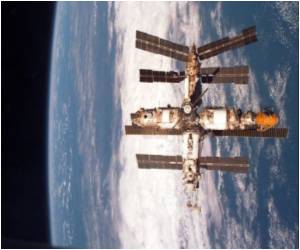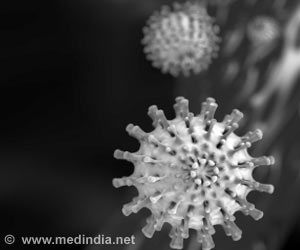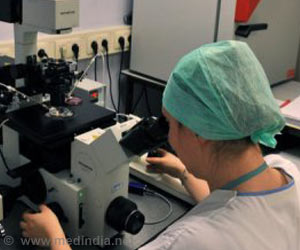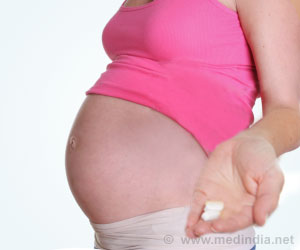Results of study on biological samples from space shuttle Atlantis for nearly two years, have shed light on how the human immune system responds to stress and assaults while in space - and maybe here on Earth.

"Astronauts subjected to microgravity have shown a significant immune weakening. Furthermore, microgravity has been shown to enhance bacterial virulence while depressing the immune response," said Jett.
Among the tasks completed by the four-person crew of the orbiter Atlantis were experiments on human cells using a common component of an Earth-dwelling microorganism that plays a role in septic shock. The experiments were designed, overseen remotely and replicated on Earth under normal gravity conditions by the army team, led by Rasha Hammamieh, deputy director of the Integrative Systems Biology Program, which is based at the U.S. Army Center for Environmental Health Research at Fort Detrick in Maryland.
"There's an increased risk of infection due to altered bacterial growth in microgravity. Wounds heal poorly in microgravity. So the question investigated was 'In what way does the host response to pathogen differ in microgravity versus on Earth?'" Hammamieh explained.
The research team set out to investigate the molecular cascade of events that occur in human endothelial cells in response to exposure to the endotoxin lipopolysaccharide, or LPS, from the cell wall of gram-negative bacteria.
The cells hung out in space for six days before the astronauts applied the LPS to them, but even during that untouched period they showed genomic responses typical of immune dysfunction to the zero-gravity conditions.
The research team previously had conducted a study of Army Rangers. The scientists took blood samples from the special forces at the beginning, middle and end of their intensive training program and exposed those samples to pathogens to see if battlefield conditions affected immune responses. That work was published in the journal Genes and Immunology last year.
The team determined that, in the samples that went to space, there was a diminished capability of the cells to activate the normal immune response in terms of pathogen processing. Reduced gravity also altered angeogenesis and vasculogenesis and promoted genes involved in rheumatoid arthritis, tumor growth and wound repair. This could suggest an elevated risk of neurological degeneration and other problems as a result of microgravity.
Jett said the results of both the spaceflight study and Rangers study have drawn the interest of those studying immune response in people exposed to other high-stress conditions, such as Wall Street executives and CEOs.
"The core motivation was to try to understand why there is not a good immune response in terms of healing and preventing illness in space - why healing is compromised - and it just ends up coming back to maybe broader strokes to what we see on Earth as well," Jett said.
The results were presented at the Experimental Biology 2013 conference in Boston.
Source-ANI
 MEDINDIA
MEDINDIA




 Email
Email










